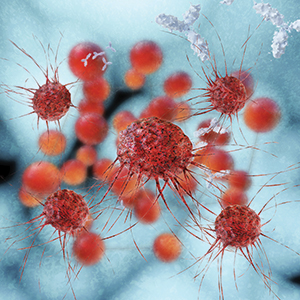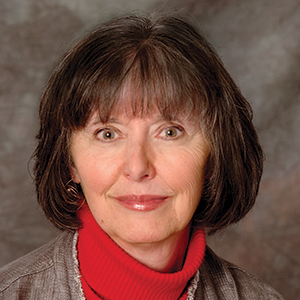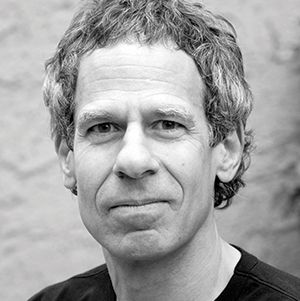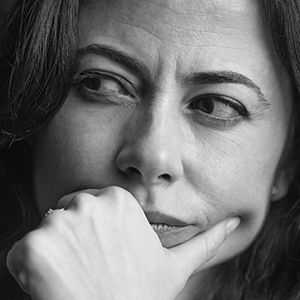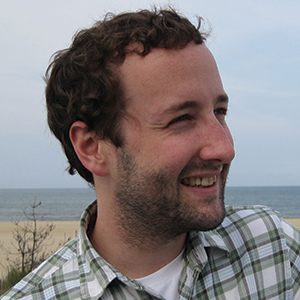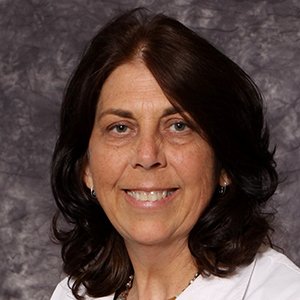Summer 2015 Vol. 05 Issue 02
-
From the Editor-in-Chief
Inheritance, ‘Bad Luck’ and the EnvironmentWhy do some people develop cancer while others do not?
by William G. Nelson, MD, PhD
-
Editor's Letter
Scientists and SurvivorsExecutive Editor Kevin McLaughlin highlights stories from the Summer 2015 issue of 'Cancer Today.'
by Kevin McLaughlin
-
Your Cancer Guide
Let It GoCreate a list of guiding principles that allow you to shake off the small stuff.
by Hester Hill Schnipper
-
Caregiving With Confidence
Husbands, Just ListenYou can't fix cancer, but you can make a difference.
by Marc Silver
-
The DCIS Dilemma
Ductal carcinoma in situ is the fourth most common cancer diagnosis in women. Some say it's not "really" cancer. But you wouldn't know that based on how it is treated.
by Sue Rochman
-
The Cost of Cancer
Expensive treatments can leave patients with a mountain of debt. Resources are available to help.
by Bara Vaida
-
Preserving the Future
Young adults undergoing cancer treatment who may want to have children should talk with their doctors about ways to preserve their fertility.
by Marci A. Landsmann
-
Survivor Profile
A Desire to HelpSince P.J. Lukac's glioblastoma diagnosis, the young pediatrician has worked hard to spread awareness and understanding of the disease.
by Stephen Ornes
-
Yesterday & Today
The Voice of Lamb ChopVentriloquist Shari Lewis and her sidekick, a white wool puppet named Lamb Chop, won the hearts of generations of children who tuned in to her television shows.
by Jocelyn Selim
-
Q&A
The Language of CancerResearcher David J. Hauser discusses how war metaphors may make people less likely to engage in preventive behaviors.
by Sharlene George
-
Sound Advice
Your Questions, Our AnswersMoving beyond active cancer treatment, dealing with cancer-related anger, and managing the effects of neuropathy
-
Get Involved
Support Through FitnessCancer survivor starts organization that hosts free group fitness events for survivors, patients and caregivers.
by Rebecca Hanlon
-
In the Moment- Summer 2015
Beverly McKee, Charlie Haygood, Patricia Fernandes.
AACR conference brings experts together to discuss strategies to reach people historically left out of cancer research.
by Eric Fitzsimmons
Treatment Combination Improves Survival in EGFR-positive Lung CancerAdding chemotherapy to targeted therapy improves outcomes for people with advanced EGFR-positive non-small cell lung cancer.
by Sandra Gordon
Lessons From 20 Years Living With CancerMultiple myeloma survivor Jonathan Gluck reflects on uncertainty, and the scientific progress that has kept him living with cancer for more than two decades.
by Eric Fitzsimmons
The Enduring Importance of Cancer Disparities ResearchOpening session from AACR conference highlights how perseverance and adversity have informed cancer disparities research over the years.
by Eric Fitzsimmons





